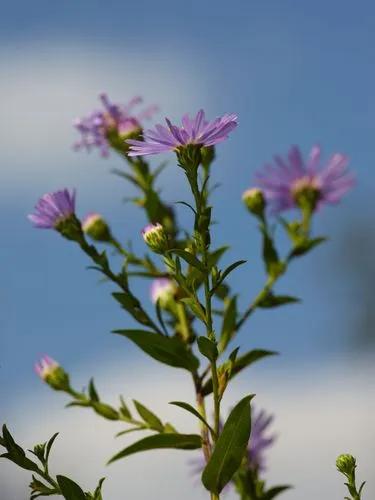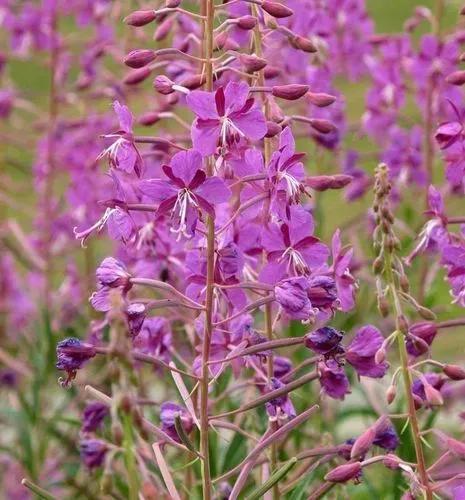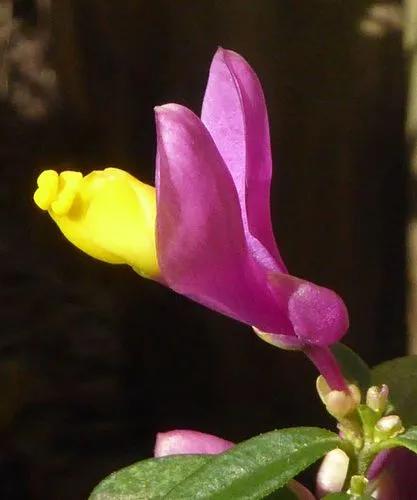Hippocrepis comosa, the horseshoe vetch, is a species of perennial flowering plant belonging to the genus Hippocrepis in the family Fabaceae.
Horseshoe Vetch Care
Hippocrepis comosa



The overall appearance depends on its habitat: sometimes it forms upright clumps of flowers; at other times, it sends prostrate leafy runners over a wide area; sometimes it distributes itself as single flowers. The flowers are small, yellow or sometimes orange/red (becoming yellow as they mature), and of typical shape for the family Fabaceae: these appear for a period of two weeks around May.Hemicryptophyte. Perennial herb 10-20 cm tall. Stems are numerous, recumbent or ascending. Taproot. Leaves up to 5-7 cm long, pinnate, with ovoid or oval lobes, long-petiolate. The flowers are yellow, in umbellate inflorescences, the peduncles are longer than the leaf.Fruiting in July-August. Propagated by seeds.
This plant might be poisonous
How to get rid of: Pull the weeds out with your hands, not chop them down with the hoe. Many harmful herbs, for example, shytiry, are able to grow from the top of the root - they have dormant buds there.
How to Care for the Plant

Popularity

68 people already have this plant 27 people have added this plant to their wishlists
Discover more plants with the list below
Popular articles






